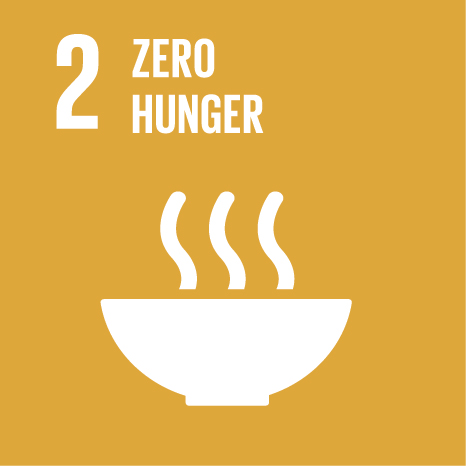Ciência_Iscte
Publications
Publication Detailed Description
Explaining inequalities in fruit and vegetable intake in Europe: The role of capabilities, opportunities and motivations
Journal Title
Appetite
Year (definitive publication)
2021
Language
English
Country
United Kingdom
More Information
Web of Science®
Scopus
Google Scholar
This publication is not indexed in Overton
Abstract
People who do not eat enough fruit and vegetables (F&V) have incremental health risks. Most Europeans do not comply with health recommendations relating to F&V consumption and this is especially true for those with lower-level education, which reinforces structural inequalities in health and wellbeing among Europeans. This study investigated the role of key behavioural triggers – capabilities, opportunities and motivation (in the COM-B model) – as pathways for educational differentials in F&V intake in Europe. A cross-sectional survey-based study was conducted in five European countries differing widely in their consumption habits, wealth, and climatic conditions. A structural equation model was designed to study how capabilities (diet perceived knowledge, health purchase criteria), opportunities (financial availability, social norms), and motivations (health value, habits strength) affect educational inequalities in the intake of F&V (5 portions a day) as mediators. Multi-group comparisons assessed country differences. People with higher levels of education were more likely to eat the recommended diet, i.e., at least 5 portions of F&V a day. Countries in the sample vary significantly in the percentage of people complying with the recommendation, but not significantly in terms of relative education differentials. The educational gap in the intake of F&V is mainly explained by education differentials in financial availability, diet knowledge, and habits in inserting F&V in main meals. Policies targeting dietary inequalities should address behavioural triggers affecting dietary intake, for example by subsidising F&V, developing targeted dietary awareness campaigns, or by intervening in mass catering contexts to facilitate the implementation of healthy habits.
Acknowledgements
--
Keywords
Fruits and vegetables,Inequality,Education,Health,Diet
Fields of Science and Technology Classification
- Health Sciences - Medical and Health Sciences
- Psychology - Social Sciences
Funding Records
| Funding Reference | Funding Entity |
|---|---|
| Grant Agreement No. 667364 | Comissão Europeia |
| UIDB/03125/2020 | Fundação para a Ciência e a Tecnologia |
Contributions to the Sustainable Development Goals of the United Nations
With the objective to increase the research activity directed towards the achievement of the United Nations 2030 Sustainable Development Goals, the possibility of associating scientific publications with the Sustainable Development Goals is now available in Ciência_Iscte. These are the Sustainable Development Goals identified by the author(s) for this publication. For more detailed information on the Sustainable Development Goals, click here.

 Português
Português




